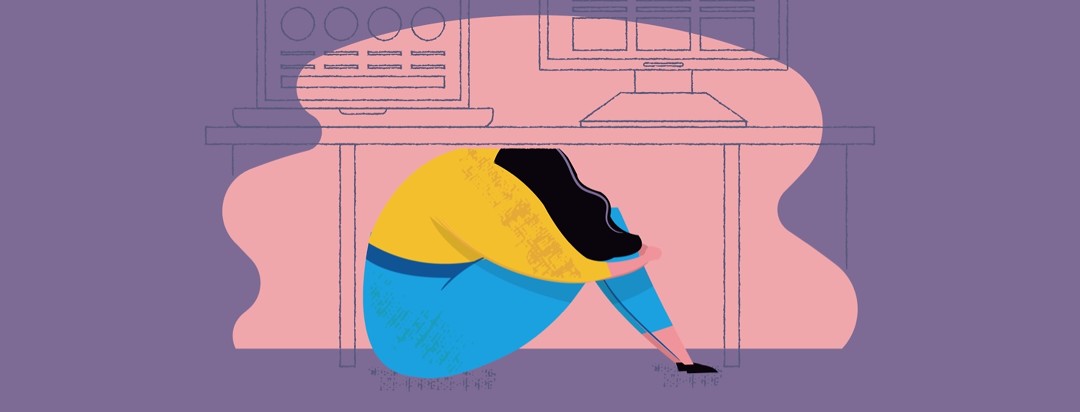Yes, Migraine IS a Disability
Migraine disease is one of the 20 most disabling medical illnesses in the world and the 12th most disabling disorder in the United States. More than 90% of migraine suffers can’t function normally during an attack, and the World Health Organization has stated that severe migraine attacks are as disabling as quadriplegia. (For more migraine statistics, click here.)
Why then are we, who suffer from the disease, so often reluctant to acknowledge migraine disease as a disability?
For me, the answer is deceptively clear: I don’t want to be disabled.
The stigma of disability
In the United States, disability carries stigma, especially when the disease is something no one can see (i.e. invisible illness). People who are bedridden or housebound from illnesses like migraine, fibromyalgia, depression, or chronic fatigue syndrome are often considered lazy, flaky, or simply “less than.” If I’m honest, though, my reluctance to acknowledge my disability stems more from my own feelings of uselessness than from any external judgment.
Migraine impacting all aspects of life
I hate when I can’t work a full day, clean the house, take care of my children, and/or attend a friend’s special event. I can’t stand when my migraines are bad enough I begin to fear making plans in advance because I know I’ll have to cancel them when the next attack hits. I loathe even one day of being curled up in the dark, unable to live my life as I’d like.
To admit disability, then, means admitting that this isn’t a one-off event. That days like this – when I feel like so much less than the woman I know I am – will happen again. And again. And again.
Being sick indefinitely with no cure
It means admitting that I can’t go to graduate school or law school like I’d once dreamed, because I can’t realistically commit to such an intense level of work on a long-term basis. It means acknowledging that my career options are limited by my environment (any job under fluorescent lights in which I stand on my feet for hours on end, for example, is out). It means admitting that I will be “like this,” sick, indefinitely.
This is what I am most reluctant to admit: the continuity of my disease.
There is no cure for migraine disease, at least not yet. And, though my migraines do get better, they also get worse. Some months, I may have only a couple per week. Other months, depending on the weather, I’m bedridden nearly every night. My disease changes, but it is always present.
Practicing self-care
Thankfully, I have arranged my life in such a way that the disabling impact of migraine disease is easier for me to handle than it is for others. I work for myself, homeschool my children, and live in the country. If I don’t feel well enough to meet an obligation today, there’s always tomorrow. I practice good self-care and I stay as prepared as I can for the bad days. But those bad days, inevitably, come. And, when they pile up, day after day, week after week, I am forced to remember the one thing I’d prefer to forget: I’m sick.
Migraine disability assessment
I imagine other migraineurs may feel the same. (Fellow Migraine.com author Kerrie Smyres has posted on this very thing.) If you’re one of them, consider taking a look at the MIDAS (Migraine Disability Assessment) questionnaire to see how migraine disability is calculated – the results may surprise you. (Chronic migraineuers, however, may want to check out the Headache Impact Test instead.

Join the conversation